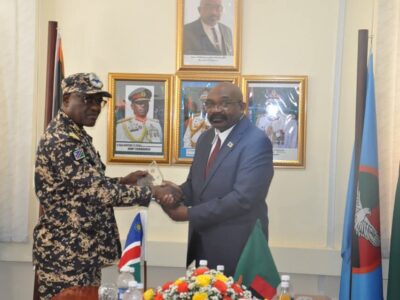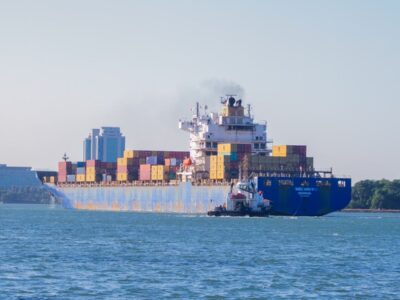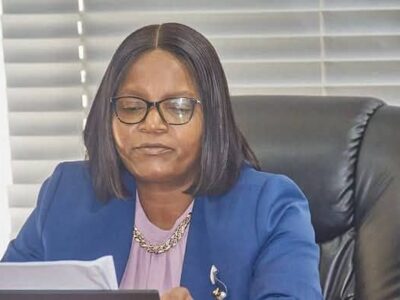The Zambian government has expressed serious concern over the growing pollution of water bodies, attributing the issue to both illegal and legal mining activities across the country.
Water Development and Sanitation Minister, Collins Nzovu, highlighted the surge in illegal mining activities in mineral-rich regions, particularly in the North-Western, Copperbelt, Luapula, and Central Provinces.
The activities have been linked to significant environmental damage and pollution of local water sources.
During his ministerial statement in Parliament on Tuesday, Nzovu noted that toxic waste from illegal mining operations was often discharged directly into water bodies, leading to contamination.
This, he said, compromised local water supplies and accelerates environmental degradation.
Nzovu provided specific examples of affected areas, including Kasempa District in North-Western Province, where illegal gold mining has polluted the Dengwe and Lufupa Rivers.
Miners wash gold-bearing earth into these water bodies, contaminating the water. In Mwinilunga District, also in North-Western Province, the Mudanyama River has been affected by illegal gold miners. In Muchinga Province, illegal mining in Chitamba Area of Mpika District has polluted the Kanchibiya River and its tributaries.
In Central Province, the Changwena, Musofu, and Chibefwe Rivers in Mkushi District, along with the Momboshi River in Chisamba District, have suffered from similar contamination.
On the Copperbelt, illegal copper mining in Chingola District has contributed to the pollution of the Kafue River and local water sources.
Recently, the Mimbula Mine Copper Project caused pollution in the Chabanyama Stream due to the collapse of a tailings storage facility, disrupting residents’ access to clean water.
Other large mines on the Copperbelt, such as Konkola Copper Mine PLC, Mopani Mining PLC, and Sino-Metal Leach Zambia Limited, have also been implicated in the pollution of the Kafue and Mwambashi Rivers, as well as Itimpi and Mwatishi Streams.
Nzovu also mentioned that investigations by the Water Resources Management Authority (WARMA) had led to penalties for offending companies, including some that were ordered to cease operations to mitigate the damage.
In response to the growing threat of water pollution, the Ministry said it had enacted measures such as reviewing the WARMA Act and mapping out water resources areas for better protection.
WARNING! All rights reserved. This material, and other digital content on this website, may not be reproduced, published, broadcast, rewritten or redistributed in whole or in part without prior express permission from ZAMBIA MONITOR.












Comments